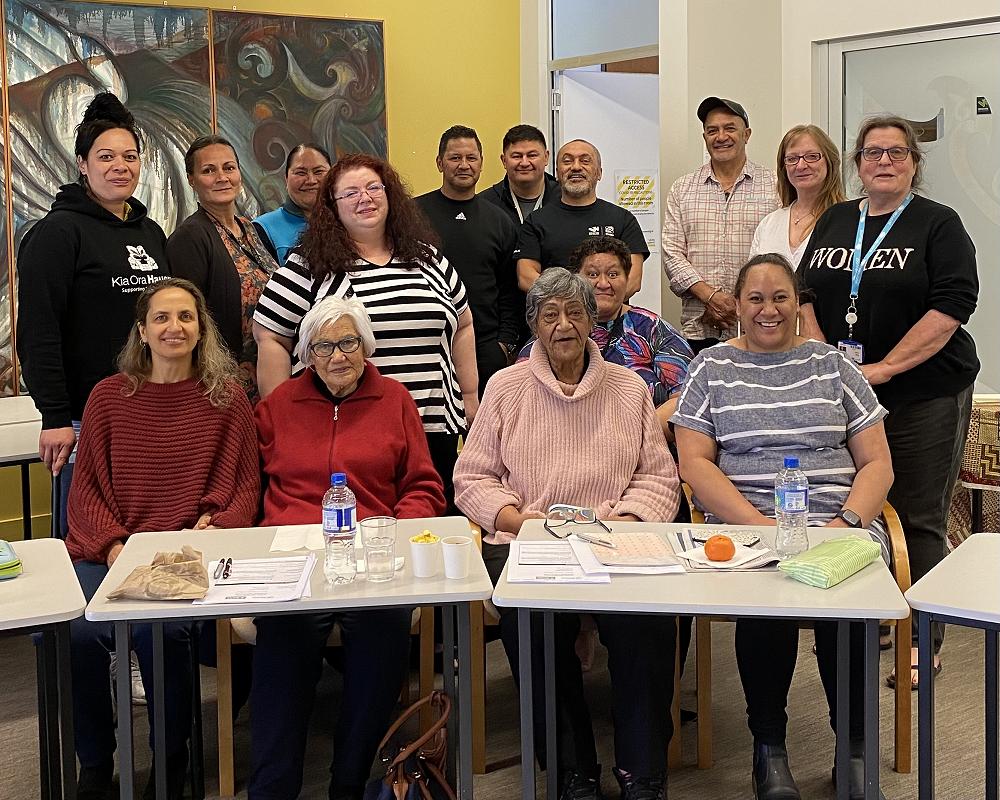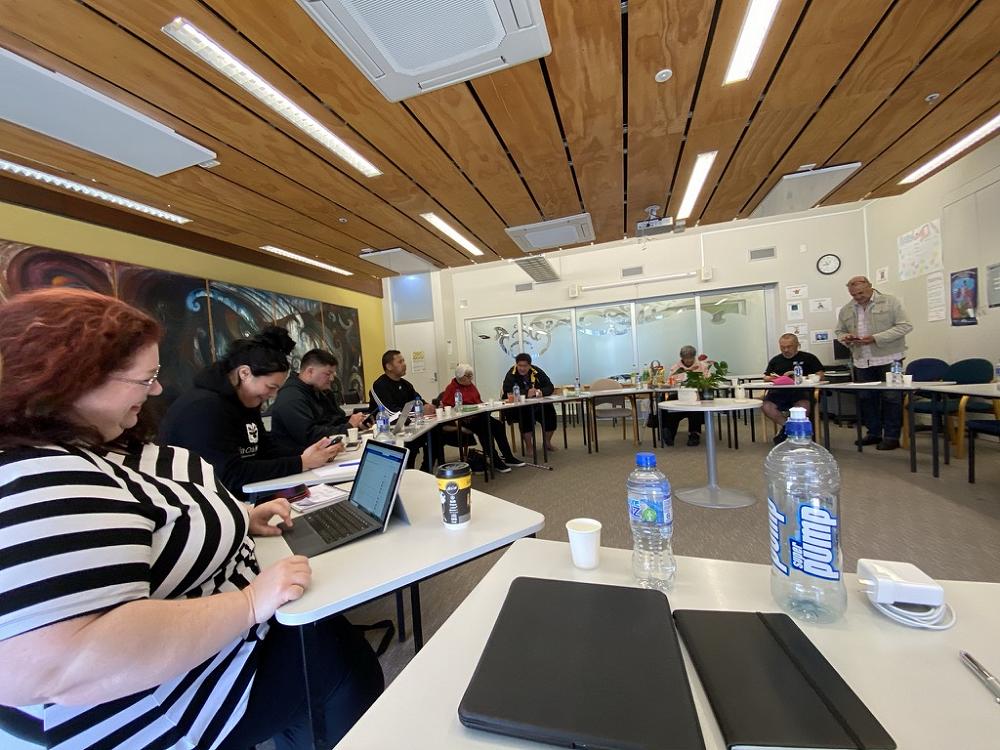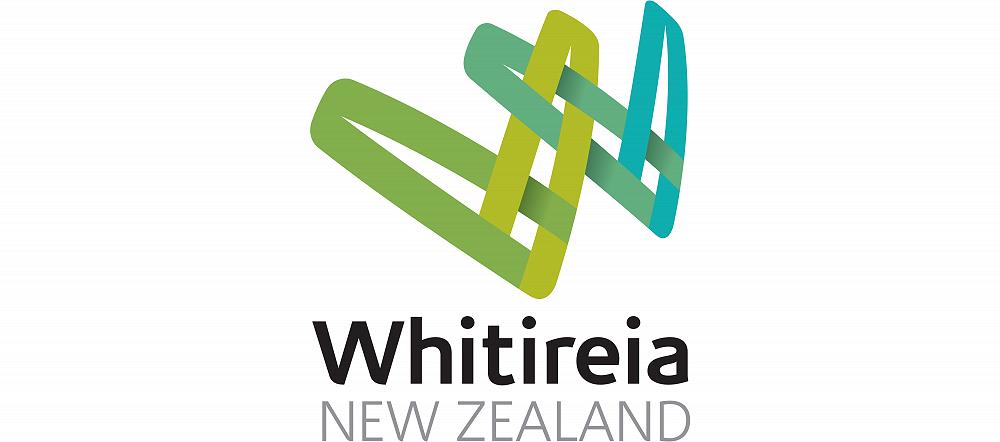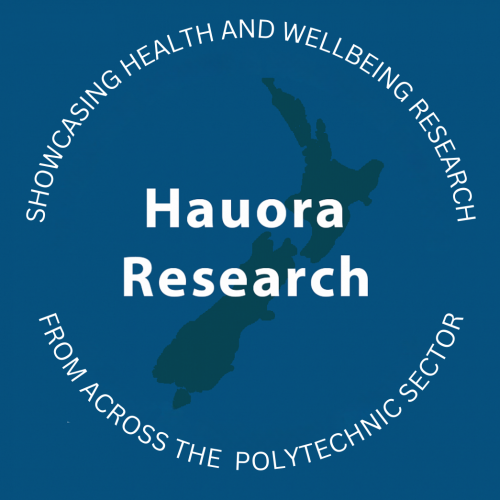
Bachelor of Nursing Māori programme determines how best to integrate te reo
Whitireia: Manatū Hauora increasingly requires health services to demonstrate a greater commitment to tikanga Māori and te reo. Graduates who meet these changing needs are better equipped to serve the communities in which they work.
Whitireia Polytechnic’s Bachelor of Nursing Māori programme sits within Te Wānanga Māori. This ensures that cultural skill sets, expertise and knowledge are developed, including whānau, hāpu and iwi ways of knowing.
In response to the changing graduate profile, Te Wānanga Māori staff asked the question, ‘Is the time right for Bachelor of Nursing Māori to include te reo Māori as a paper in the curriculum?’
To collate views from staff engaged in ākonga (student) support, management, teaching and learning, administration and from kuia, a process called Kōrerotahi was used.
'It was fantastic having our two kuia in that space because they brought dignity and credibility and it was so mana enhancing,' says Jeanette Grace, Dean of Te Wānanga Māori.
Kōrerotahi allowed the group to explore the opportunities and challenges of including a te reo paper in the curriculum, and to consider other options. The fifteen participants gathered in a circle, which created an equal setting for everyone to voice their contribution to the research process.
A rākau (rod) was then used to identify the speaker, it was passed around the circle giving each person an uninterrupted chance to participate. People could only speak when the rākau reached them.
“It went really well, to be in a space with quite a few individuals without being interrupted. It allowed my own flow of thoughts without worrying about how much time was left,” says Verna Whitford, Bachelor of Nursing Māori tutor.
After the rākau had travelled around the full circle, a summary of the discussion was provided and agreed. A second round was also summarised. The floor was then opened for discussion and debate to identify key findings.

As a result of this process, it was determined that despite the overwhelming support for increasing the level of te reo, the immediate inclusion of a separate te reo paper presented too many challenges for kaiako (teaching staff) and potentially for ākonga and their whānau.
The group decided that the Bachelor of Nursing Māori programme should strengthen the integrated approach that was currently in use.
The Kōrerotahi identified two themes for te reo provision that the programme could offer. Firstly, a continuation of existing te reo in the programme with karakia, waiata, pepeha, whakataukī and kaupapa. Secondly, that frequently used phrases should be developed.
A starting point was identified for incorporating frequently used phrases, through the identification of an existing resource - He Pukapuka Reo Hauora Māori, Mauriora Associates, Ahuru Press.
Kuia also suggested that students do their placement where te reo is spoken to increase their exposure.
'It’s about being fit for the thousands of young Māori children coming through whose first language is te reo, being fit for our kaumātua, the carriers of our knowledge,' explains Grace.
The value of consumers being able to engage with health professionals who speak te reo is aptly demonstrated by Justin Puna, Programme Manager/Te Reo Māori, 'When I took my son to the doctor, and he realised the doctor could speak te reo, he immediately opened up.'
The research process confirmed that under current conditions the most effective way for Bachelor of Nursing Māori to ensure greater usage of te reo in health care settings is to increase the integration of te reo in the degree.
- Find out more about Māori Dictionary - He Pukapuka Reo Hauora Māori, Mauriora Associates, Ahuru Press
- Jeanette Grace, Ngāti Tuwharetoa, Ngāti Toa Rangatira and Ngāti Koata is the Dean of Te Wānanga Māori at Whitireia Polytechnic in Porirua. She also sits on the Academic Board of the newly formed Te Pūkenga. She has a background in mental health and addictions as well as indigenous training and education.
She acts as contact on behalf of the fifteen researcher/participants who undertook this project. Justin Puna, Eru Ruwhiu, Kohai Grace, Sam Hauwaho, Shayola Kōperu, Kay Laracy, Trudy Scott, Verna Woodford, Roni Taikato, Sandra Waayer, Te Ariki WiNeera, Tania Piki, Kui Kahuwaero Katene and Kui Jamesina Kett. Email Jeanette Grace. - Visit Whitireia's website.

